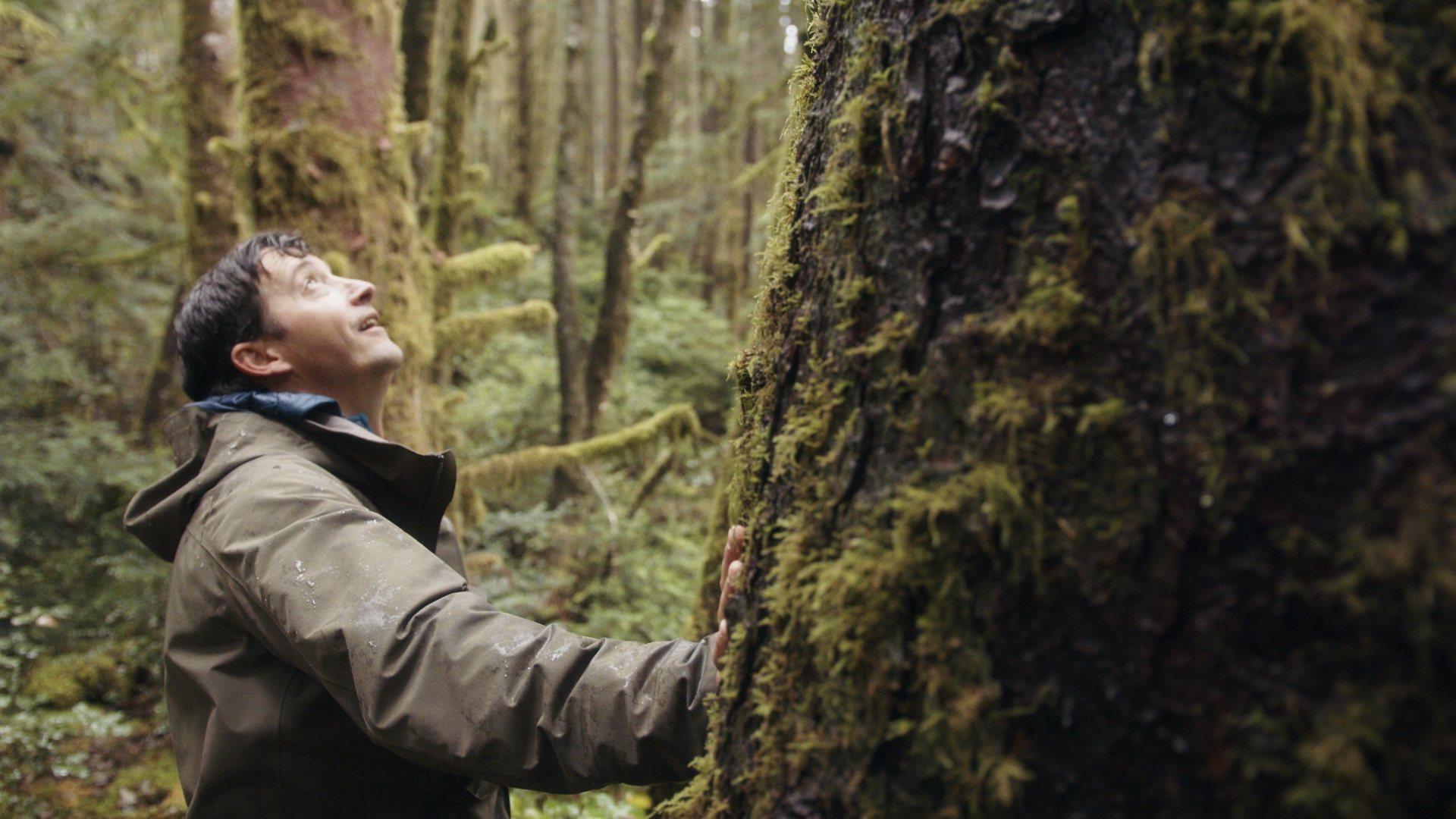Matt Sloat is a salmon ecologist, science director at Wild Salmon Center, and he is speaking out about the need for improved forest practices in Oregon. A well-traveled scientist around the Pacific Rim, he’s noticed that Oregon is no longer leaving enough of the land for salmon. “If it’s all for harvest, there’s going to be a big price to pay on salmon.”
Nancy Webster lives in Rockaway Beach, Oregon and she is also speaking out about the need for improved forest practices in Oregon. Her drinking water has been affected by clearcutting on industrial timberlands above town. “There’s no way we should be logging like this. It’s time for change.”
Oregon’s logging rules for rivers and streams lag far behind other Northwest states. It’s time to modernize practices that are endangering salmon and dirtying drinking water.
Oregon’s clear, cold lakes and rivers are the pride of the state. But for decades, the state has been falling behind in protecting forested streams. Oregon’s outdated logging rules are now far less protective than in neighboring Washington, Idaho and California. And that’s harming Oregon waterways and taking a steep toll on fish, wildlife, and communities.
Oregon can and must improve protections from heavy logging near streams, to keep safe its most precious resource—water.
Find out more about the campaign to protect Oregon’s Forest Waters.
Hero Image
